Becoming Billy Dare encompasses an important and sometimes neglected era in Australian history. The decade preceding Federation was instrumental in establishing Australia's identity as a nation. Henry Lawson was in the prime of his working life, William Lane and other unionists were dreaming of a worker's utopia, and Australian popular culture was developing its own proud, distinctive flavour.
Get Started for FREE
Sign up with Facebook Sign up with X
I don't have a Facebook or a X account
 Your new post is loading... Your new post is loading...
 Your new post is loading... Your new post is loading...

Coconut Curator's curator insight,
May 7, 2017 1:38 AM
Fanstastic resource! Historical skills, use of sources, research tools, referencing advice - all related to Australian history curriculum. For both students and teachers - presented by an Australian secondary school history teacher.

Catherine Smyth's curator insight,
February 28, 2016 5:29 PM
Link place and time with History in Motion. I like how this technology helps connect past events to places. 
Paul B.'s curator insight,
May 7, 2017 9:47 PM
"create share explore" "learn best by doing" I think this takes ICT in history from the SA, to the MR. (world-wide) REsearching, networking, visualising, creating. This sort of resource makes history modern (!?)

Kent College History's curator insight,
September 15, 2015 4:04 PM
Some excellent 'before and after' images of the Gallipoli Campaign. |

Andrea Patrick's curator insight,
April 24, 2018 5:19 AM
Good visual to use as a teaching aid for teaching/learning the meta-concept of historical significance.

Robert Kidd's curator insight,
January 3, 2014 2:01 AM
Major Thomas Anderson Kidd served with the 10th Light Horse in Gallipoli and Egypt, was wounded and became seriously ill with Cholera.
He wrote diaries which he embellished with maps and diagrams. He was Mentioned in Despatches for gallantry in May & August 1915 and he suggested Hugo Throssell get the Victoria Cross at Hill 60.
I edited a transcript of Tom’s re-written diary and began to understand his frustration with the foolishness of some orders and the impossibility of many aspects of the campaigns that he was involved in.
In my extensive reading I have found these words have been used to describe him; cool, calm, fair, caring, splendid, brave, fearless, reckless, bullet proof & the men even considered him bomb proof!
These men and their families obviously had a life both before & after their war service and I am interested in all facets; particularly the affect war had on them.
My book "Uncle Tom's Diary" is a young adult novella about the discovery of one of his diaries ... and secrets!

Andrea Patrick's curator insight,
April 24, 2018 5:21 AM
Webs and blogs that may be useful in future (or now)....
|



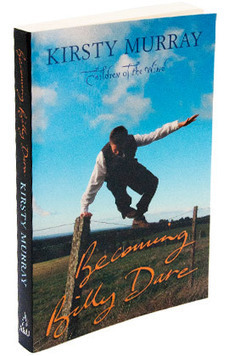




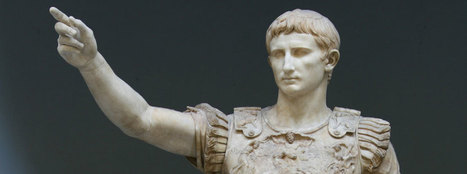
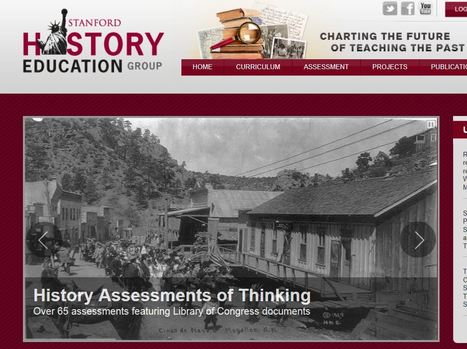
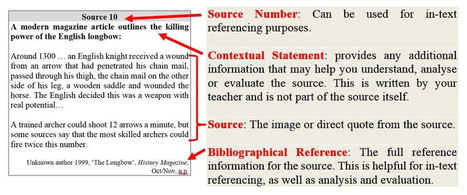


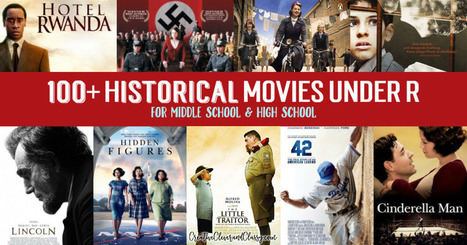
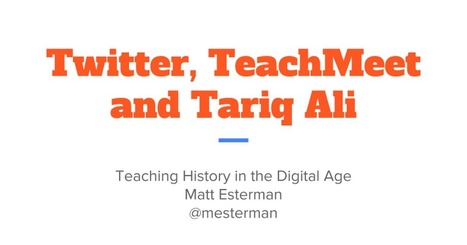
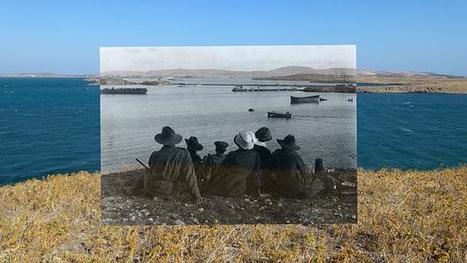
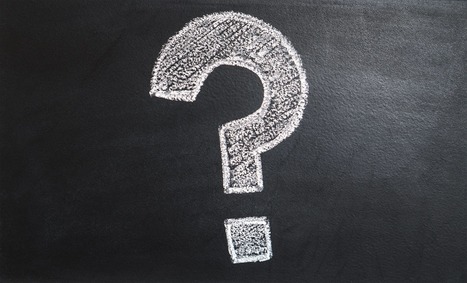
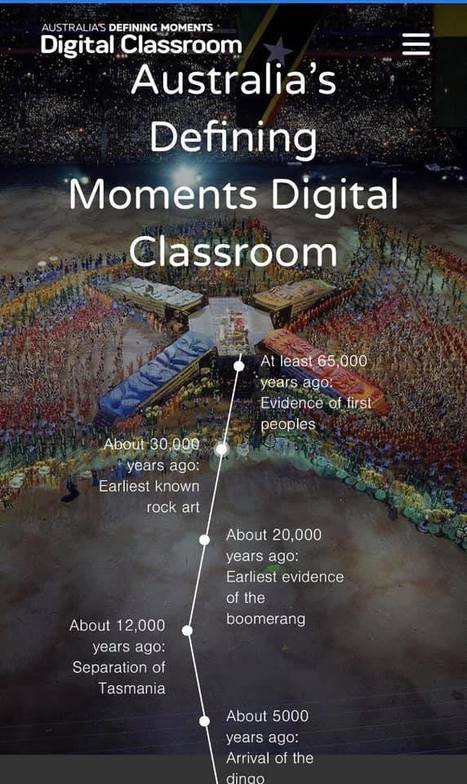

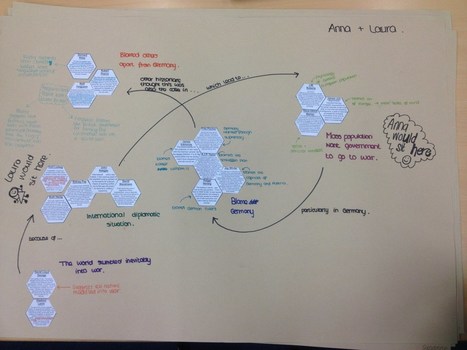
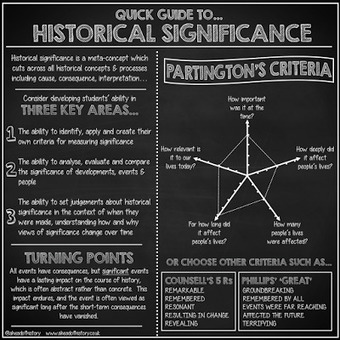
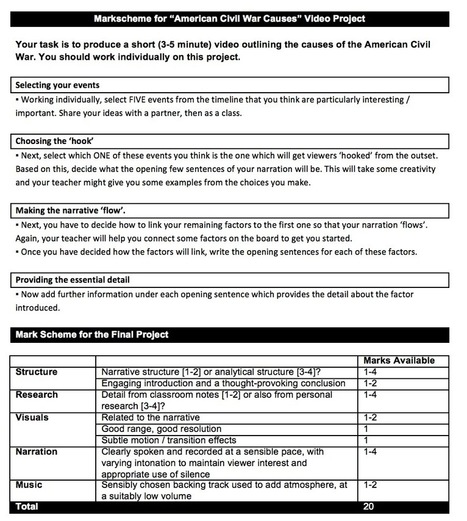
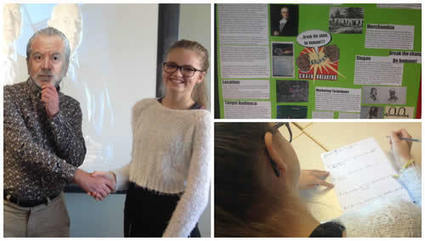
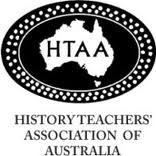

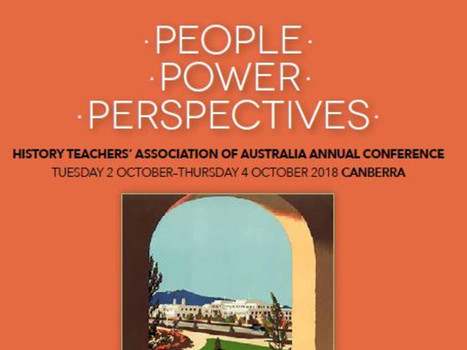






Many primary teachers use a range of both fiction and non-fiction texts in their teaching. Use these 6 research-based guidelines (Barton & Levstik, 2005) for selecting historical fiction:
1. Does the book tell a good story? A book must be good literature and good history.
2. Is the story accurate and authentic in its historical detail? Children's fiction deserves the same attention to historical accuracy as nonfiction.
3. Is the language authentic to the times? Completely authentic language is rarely possible in children's historical fiction. Look for the flavour of the times.
4. Is the historical interpretation sound? Avoid romanticised historical fiction.
5. Whose voices are missing? Consider who the participants in an event might have been, and select literature to represent those perspectives.
6. Does the book provide insight and understanding into current issues as well as those in the past? Well-written narratives have relevance for the present.
Many primary teachers use a range of both fiction and non-fiction texts in their teaching. Use these 6 research-based guidelines (Barton & Levstik, 2005) for selecting historical fiction:
1. Does the book tell a good story? A book must be good literature and good history.
2. Is the story accurate and authentic in its historical detail? Children's fiction deserves the same attention to historical accuracy as nonfiction.
3. Is the language authentic to the times? Completely authentic language is rarely possible in children's historical fiction. Look for the flavour of the times.
4. Is the historical interpretation sound? Avoid romanticised historical fiction.
5. Whose voices are missing? Consider who the participants in an event might have been, and select literature to represent those perspectives.
6. Does the book provide insight and understanding into current issues as well as those in the past? Well-written narratives have relevance for the present.